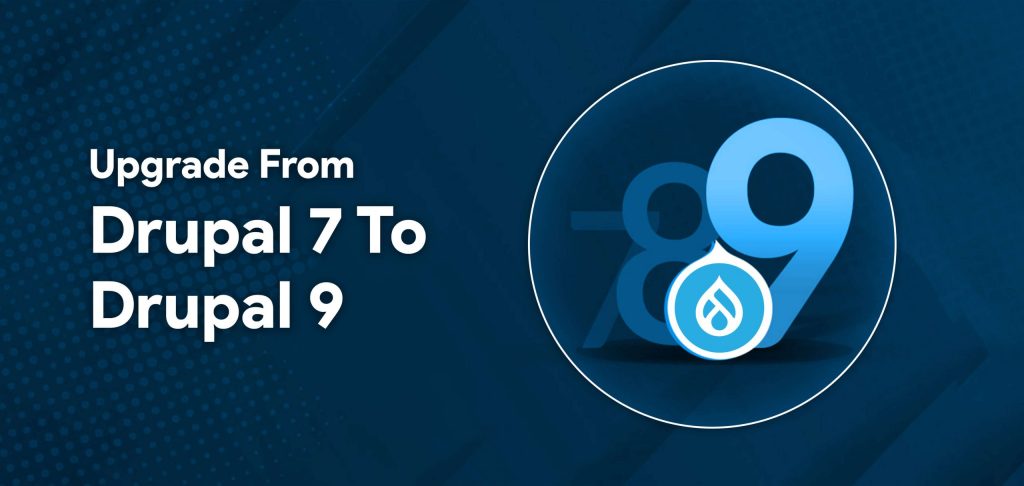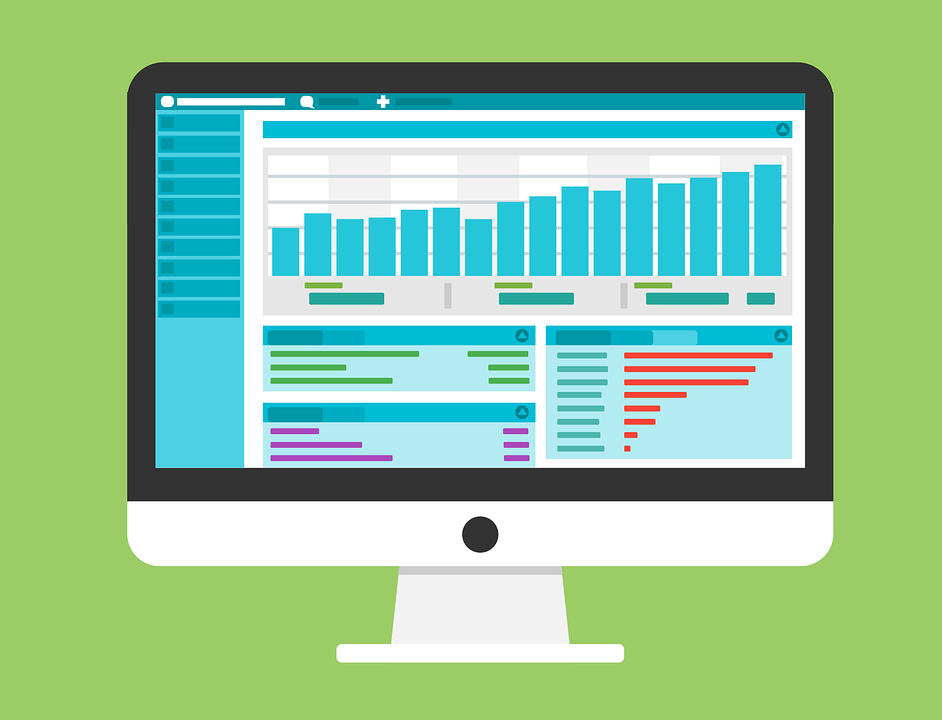
The Open-Source CMS is over 20 years old now, is incredibly popular across not-for-profits, private businesses and government websites, and continues to evolve.In 2015, when Drupal 8 was released, it was not an easy upgrade path or process. The migration process was as significant as building a Drupal site from scratch, and importing the content in was also time-consuming, meaning it was also costly to achieve, turning many business owners and marketers off upgrading fast or early.
But, to the relief of many, future Drupal upgrades will become much more straight forward and faster with the release of version 9.
Can you upgrade from Drupal 7 direct to Drupal 9, or do you have to upgrade to Drupal 8 first?
It is possible to upgrade directly from Drupal 7 to Drupal 9, but it is generally recommended to first upgrade to Drupal 8, and then to Drupal 9. This is because Drupal 8 and Drupal 9 have different underlying architecture, and upgrading directly from Drupal 7 to Drupal 9 can be more complex. Additionally, there are several key features and improvements that were introduced in Drupal 8 that are not present in Drupal 7, and by upgrading to Drupal 8 first, you can take advantage of these enhancements.
Why should you upgrade to Drupal 9?
There are several reasons why you should consider upgrading to Drupal 9:
- Security: Drupal 9 includes security updates and improvements over Drupal 7 and 8.
- Support: Drupal 7 and 8 will no longer be supported by the Drupal community after November 2021 and November 2022 respectively.
- Performance: Drupal 9 has improved performance over Drupal 7 and 8, which can result in faster page load times and better user experience.
- New features: Drupal 9 includes new features and improvements over Drupal 7 and 8, such as improved accessibility, better support for multilingual sites, and improved integration with other technologies. More on this below.
- Better compatibility: Drupal 9 is built on the same codebase as Drupal 8, but it only includes deprecated code removed, which means modules and themes that are compatible with Drupal 8 will be compatible with Drupal 9 as well.
- Future-proofing: Upgrading to Drupal 9 now will future-proof your website, ensuring that it will continue to be supported and receive updates for several years to come.
End of life is also a key consideration. Drupal 7 is going to become “end of life” (That is the length of official support given to Drupal 7 after the release of Drupal 9) as of November 1, 2023.
Wondering what end of life means for a software product? When any major version of Drupal is launched, it is prioritised over any other version, meaning new features and security measures are more inclined to come with the new upgrade. This means that the shelf life of previous versions receive an expiration date. This doesn’t mean those versions will cease to exist or operate, however they will stop receiving official support, bug fixes and patches. This all combines to meaning your Drupal 7 site starts becoming security risk while also performing poorly and being difficult and expensive to maintain.
There’s another consideration too. PHP versions. Drupal 7 sites used to run on PHP 5.3. The latest version of PHP is 8.1 and this is not at all compatible with Drupal 7. Can you guess what it is perfectly compatible with? Yep. You got it.
Drupal 9 – new features, new toys, better customer experiences
Drupal 9 includes several new features and improvements over Drupal 8:
- Improved accessibility: Drupal 9 includes improvements to accessibility, such as better support for keyboard navigation and improved support for screen readers.
- Better multilingual support: Drupal 9 has improved multilingual support, including improved support for language negotiation and translation management.
- New media management: Drupal 9 includes a new media management system, allowing you to easily manage and reuse images and other media files.
- Performance improvements: Drupal 9 includes performance improvements, such as faster page load times and improved caching.
- Better integration with other technologies: Drupal 9 has improved support for modern front-end technologies, such as React and Vue.js, and improved integration with other systems, such as headless CMS.
- Better security: Drupal 9 includes security updates and improvements over Drupal 8, such as protection against cross-site scripting (XSS) and SQL injection attacks.
- New theme: Drupal 9 includes a new default theme called Olivero that is built with a modern front-end framework.
- Modernised PHP libraries: Drupal 9 uses more modern and supported PHP libraries, such as Twig 2 and Symfony 4.
- Better SEO: Drupal 9 includes improvements for SEO, such as support for structured data and improved support for open graph and twitter cards.
Drupal 9 upgrade prep & planning
When upgrading to Drupal 9, there are a few things to be aware of to ensure a smooth upgrade process:
- Deprecated code: Drupal 9 removed deprecated code from Drupal 8, so you will need to update your custom modules and themes to remove any deprecated code.
- Third-party modules: Not all modules are compatible with Drupal 9, so you will need to check the compatibility of all modules you are using and update or replace any that are not compatible.
- Version dependencies: Some modules and themes may have dependencies on specific versions of other modules or themes, so you will need to check and update these dependencies as well.
- Site architecture: The way your site is built, such as the use of contrib modules and custom code, can affect the upgrade process. You should check your site architecture and clean it up before upgrading.
- Testing: Before upgrading your production site, you should thoroughly test the upgrade on a development or staging site to ensure that everything is working as expected.
- Backups: It’s always very good practice to make a backup of your site before doing any kind of update or upgrade.
- Professional assistance: Upgrading a site can be complex, especially for large or custom sites, so it may be beneficial to seek help from experienced Drupal developers to ensure a smooth upgrade.
- Be aware of the time: Upgrading a site can take time and resources, so you should plan accordingly and ensure that you have the necessary resources to complete the upgrade in a timely manner. We tend to see smaller sites taking around 60 hours to upgrade and larger sites up to 200 hours for an upgrade.
Closing thought
Upgrading you website from Drupal 7 to Drupal 9 should be viewed as an opportunity. The upgrade process will open up the benefits of Drupal 9 and will ensure that your site is supported into the future.
Newpath is one of the most experienced Drupal agencies in Australia. We have designed, developed and continue to manage and maintain hundreds of Drupal websites across a wide range of industries. If you are considering a Drupal website project, a Drupal upgrade or Drupal website support/maintenance, our team would love to have a chat with you.





